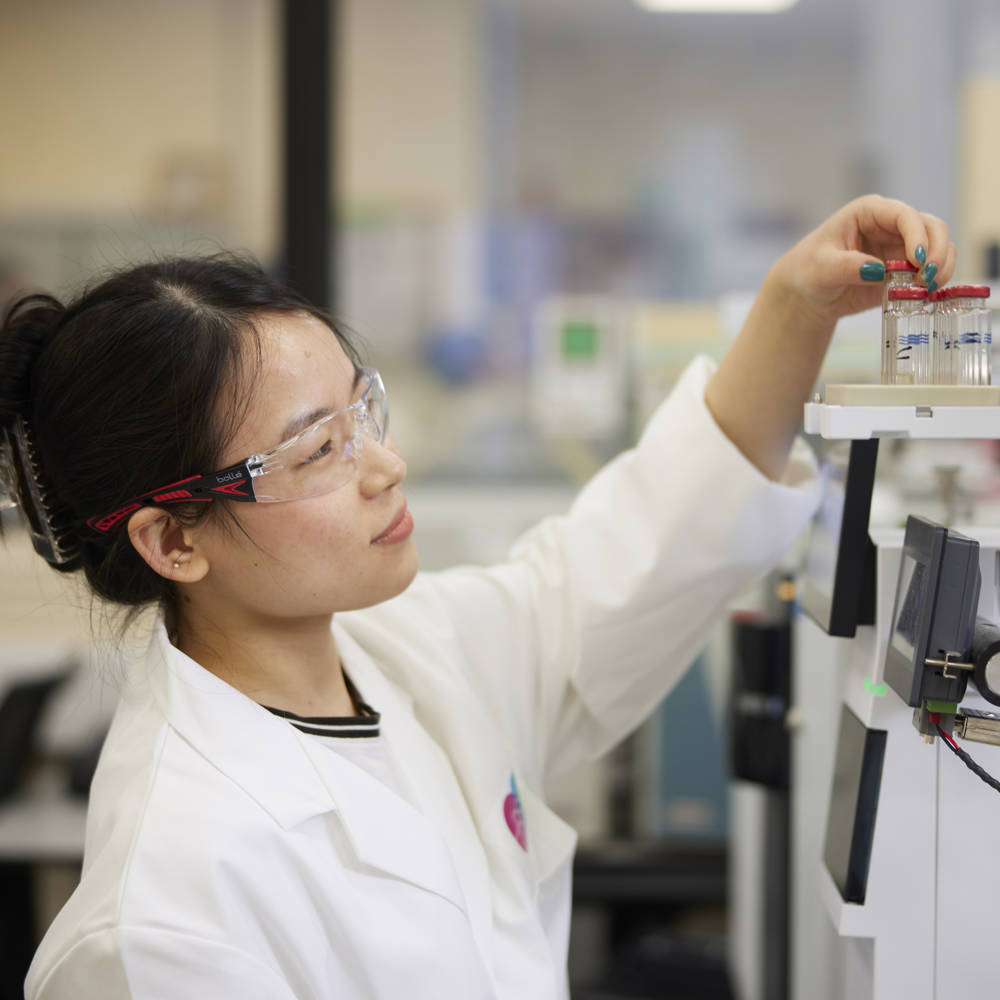The dietary supplement market has grown substantially over the past 20 years, in terms of both sales and the number of products available1.
This trend has been primarily driven by increased consumer focus on personal health and wellbeing, with supplements being developed to support chronic disease management, weight loss, nutrition, and brain health 1, 2 As the industry continues to grow and becomes increasingly competitive, ensuring supplement quality and compliance is more important than ever.
As a result, it is vital that quality is prioritised throughout the entire supplement development process. To support this goal, a crucial stage is stability testing, which assesses a product’s integrity and performance over the course of its shelf life. Ensuring supplement stability is critical for meeting the quality, safety, and efficacy expectations of consumers and regulatory bodies, so accurate and precise testing should form a core component of any development project.

